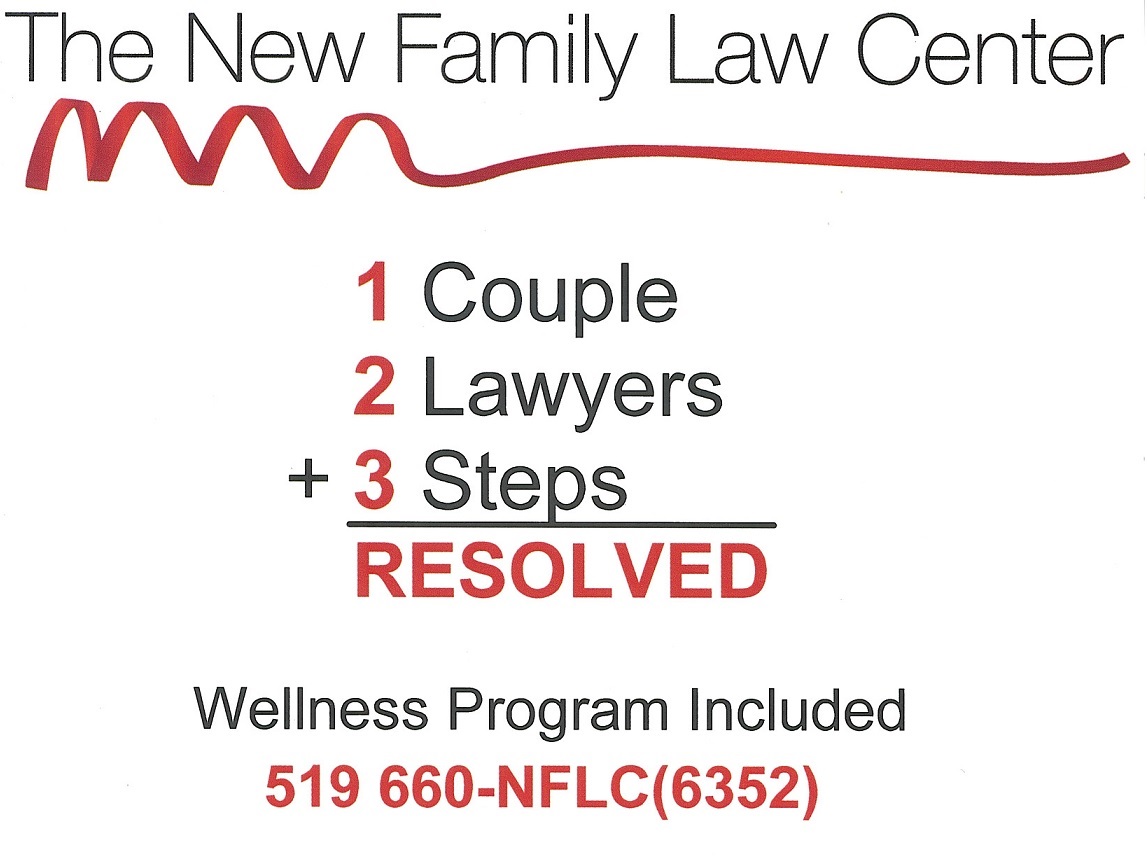 On July 2, 2012, Michael Saffioti age 22 turned himself in to police for a warrant stemming from a missed court appearance. At booking, a medical professional was informed of his life-threatening dairy allergy and severe asthma, and he had a letter from his doctor and appropriate medication. He expected to be sent to the medical unit at Snohomish County Jail, but he was placed into the general population instead. He died the next day, and the autopsy revealed he died from bronchial asthma brought on by his severe milk allergy.
On July 2, 2012, Michael Saffioti age 22 turned himself in to police for a warrant stemming from a missed court appearance. At booking, a medical professional was informed of his life-threatening dairy allergy and severe asthma, and he had a letter from his doctor and appropriate medication. He expected to be sent to the medical unit at Snohomish County Jail, but he was placed into the general population instead. He died the next day, and the autopsy revealed he died from bronchial asthma brought on by his severe milk allergy.
Michael had been given oatmeal for breakfast in violation of his doctor’s orders, and he was told he had to eat it. Prisoners who were there have advised that when he had a severe reaction, his complaints initially went ignored by jail staff, and by the time he received medical treatment, it was too late. The Snohomish Sheriff’s Office which runs the jail has investigated, but the Prosecutor’s Office has not laid criminal charges against the jail workers. The lawyer for Michael’s family at the time recommended a possible charge of involuntary manslaughter. Michael’s mother has now launched a ten million dollar lawsuit for wrongful death, and lawyer James S. Rogers is representing her.
In a statement announcing the claim, Mr. Rogers stated “We will be conducting extensive discovery to follow up on facts we’ve learned about Snohomish County Jail’s role in exposing Michael to something it knew or should have known was deadly.” During a previous stay at the county jail for marijuana possession, Michael’s food was separately prepared and wrapped in plastic to avoid trace contaminants, his mother Rose has said. A National Institute of Corrections team that reviewed the jail’s operations at the request of the sheriff reported in September 2013 that some inmates apparently did not receive the meals they were supposed to receive. Another National Institute of Corrections team is reviewing the jail’s medical services.
My purpose, as always, is to provide information to help others live safely with food allergies. My advice is always to avoid your allergen even in trace amounts, and to have EpiPens within reach at all times as well as asthma meds, if you have asthma. I’ve never considered how to stay safe in jail, where you have no control over the food provided, and an EpiPen would be considered a weapon. Surely diabetics are fed appropriately in jail and have access to insulin, syringes, and other medical requirements. Those with seizures or other chronic conditions would receive appropriate care. Why was Michael given food that contained dairy, and why was immediate medical treatment withheld?
The Journal of Correctional Health recently published this article “Food Allergies: The Implications For Correctional Facilities.” The authors wrote that “The prevalence of food allergies in the inmate population is a relatively unknown and perhaps underreported health issue. An inmate with an undetected food allergy [emphasis added] is at risk for anaphylaxis or less serious complications and is becoming an increasing concern to correctional facilities. Allergic responses to foods cause many symptoms, including cutaneous, gastrointestinal, respiratory, cardiovascular, and anaphylactic. These nonspecific symptoms are often first thought to be related to other conditions. Cell-mediated disorders, food intolerances, and pharmacologic conditions should be considered in the differential diagnosis and appropriately ruled out. The symptoms may mimic other problems, and allergic reactions would not be among the first conditions considered in the differential diagnosis. Consideration of food allergies and recognition of the symptoms should prompt a diagnostic evaluation. Not all correctional institutions have access to a dietitian or conduct allergy testing and the need to prepare special meals may create challenges.”
My hope is that Michael Saffioti’s death serves as a wake up call to the penal system. His allergies were known: His death was not a death due to undetected food allergies. In fact, one in thirteen children has food allergies, and with this wave of allergic children reaching the age of criminal responsibility for their actions, inmates with food allergies will become common. Jails and prisons need training to recognize anaphylaxis to accommodate them safety or face claims for wrongful death. No inmate should have to pay with his or her life, like Michael did.
Please consider sharing this post by e-mail, Facebook, or Twitter. The link to copy and share is: http://blog.onespotallergy.com/2012/10/how-to-survive-in-jail-with-food-allergies/ or you can click on the share buttons below.









This also makes me wonder about elderly care facilities. How are they preparing for future generations with food allergies? Are hospitals currently able to provide food for them if they are there over night? This is very scary.
This infuriates and terrifies me.